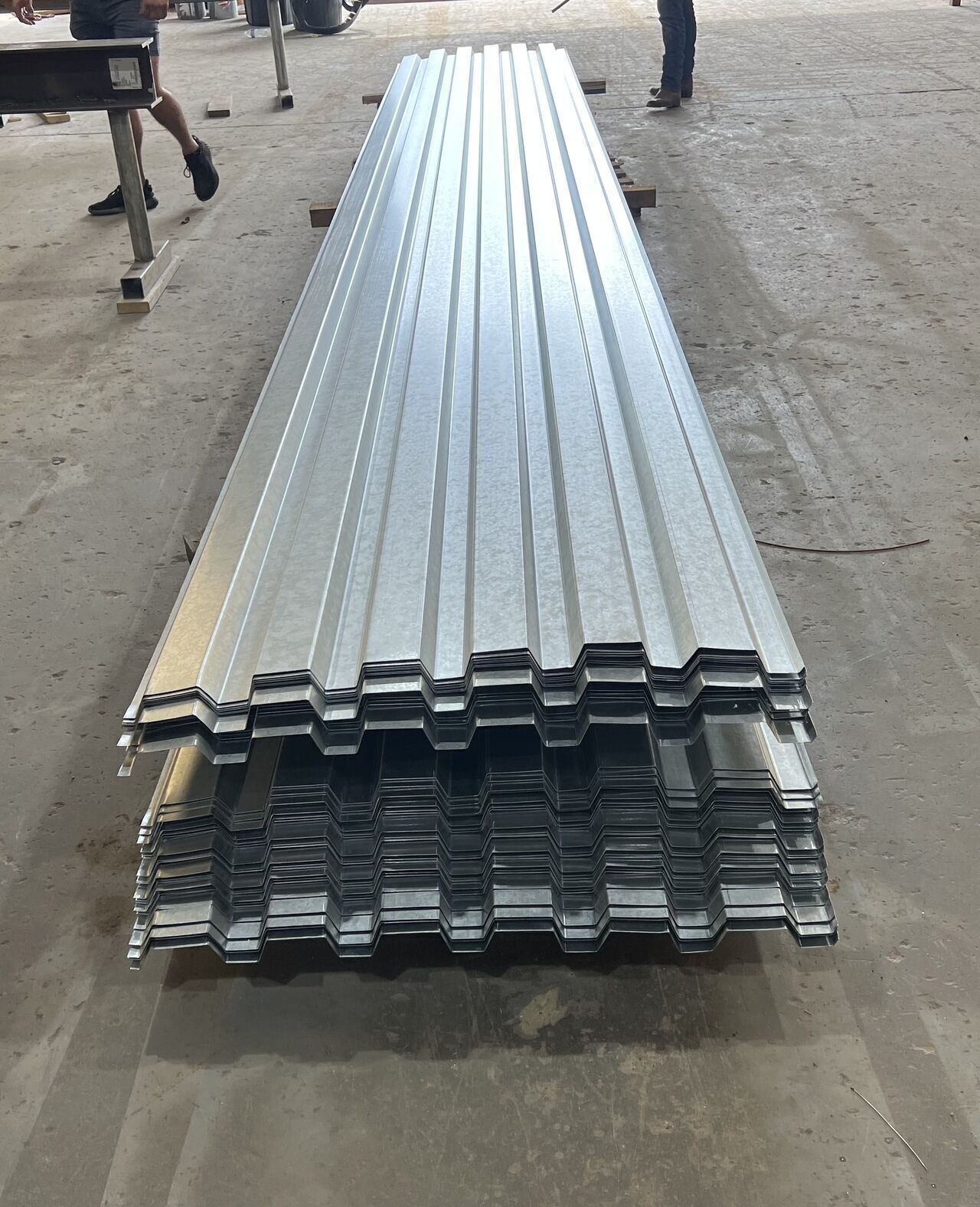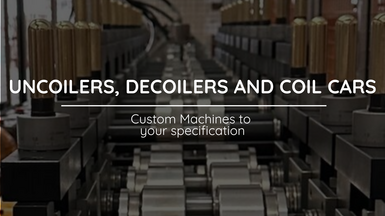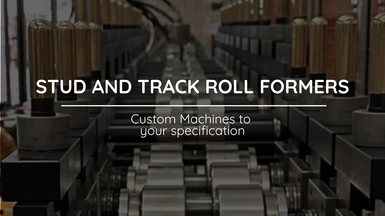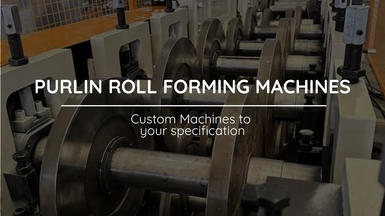
Metal Roof Deck Profiles
The choice of profile will depend on factors such as the building's design, intended use, and local building codes and regulations.
Posted on Tuesday, November 21, 2023
Metal roof deck profiles refer to the different shapes and designs of metal decking materials used in the construction of roofs. These profiles are typically made from steel or other metals and serve as a structural component in roof systems. The choice of roof deck profile depends on factors such as the building's structural requirements, local climate conditions, and aesthetic preferences. Here are some common metal roof deck profiles:
- Type B Deck: This is a commonly used metal roof deck profile with a trapezoidal shape. It provides structural support and is often used in commercial and industrial buildings.
- Type N Deck: Type N deck profiles have a similar trapezoidal shape to Type B deck but are typically lighter in weight. They are suitable for projects with less structural load requirements.
- Type A Deck: Type A deck profiles have a flat top surface and are often used for concrete roof applications where a smooth surface is needed to support the concrete slab.
- Type F Deck: Type F deck profiles are similar to Type A decks but have embossed patterns or ridges on the flat surface for added strength and slip resistance.
- Type S Deck: This profile has a dovetail-shaped rib design, providing excellent shear bond strength for concrete roof systems. It is commonly used in buildings with higher structural demands.
- Type 1.5" Composite Deck: This type of profile consists of a 1.5-inch deep rib with a flat top surface, designed for composite concrete and steel roof systems. It offers a balance between structural strength and weight.
- Type 3" Composite Deck: Similar to the 1.5" composite deck, this profile has a deeper rib, providing increased load-bearing capacity for larger structures.
- Verco N Deck: This is a specific brand of metal roof deck that offers various profile options, including N, B, and F deck profiles, with different rib heights and configurations.
- Acoustic Roof Deck: Some metal roof deck profiles are designed with perforations or acoustic enhancements to reduce sound transmission through the roof system. These are commonly used in buildings where noise control is a concern.
- Architectural Roof Deck: For aesthetic purposes, some metal roof decks are designed with unique patterns or shapes to enhance the building's appearance. These profiles are often used in architectural applications.
It's important to consult with structural engineers, architects, and roofing professionals when selecting the appropriate metal roof deck profile for a specific project. The choice of profile will depend on factors such as the building's design, intended use, and local building codes and regulations.
Metal Roof Deck Sizes
Metal roof deck sizes can vary depending on the specific design and structural requirements of a building. The size of the metal roof deck is typically determined by its width, length, and gauge (thickness). Here are some common metal roof deck sizes:
- Width: The width of metal roof decks is typically standardized to match the width of steel support beams or joists. Common widths include 24 inches, 30 inches, 36 inches, and 42 inches. The choice of width depends on the structural design and load-bearing requirements of the building.
- Length: The length of metal roof deck panels can vary and is often customized to fit the dimensions of the building's roof. Standard lengths range from 6 feet to 40 feet or more. Longer panels are used to minimize the number of seams and joints, which can reduce the risk of leaks and improve overall structural integrity.
- Gauge (Thickness): Metal roof decks are available in different gauges, with common thicknesses ranging from 20 gauge (0.036 inches) to 22 gauge (0.0299 inches). Thicker gauges are used for applications requiring higher load-bearing capacity, while thinner gauges may be suitable for lighter-duty structures.
- Rib Spacing: The distance between the ribs or corrugations on the metal roof deck can vary depending on the specific profile and design. Rib spacing typically ranges from 1.5 inches to 3 inches, with closer rib spacing providing greater structural strength.
- Profile Depth: The depth of the rib or corrugation on the metal roof deck also varies depending on the profile chosen. Different profiles offer different load-bearing capacities and design options.
It's important to note that the selection of metal roof deck sizes should be based on the structural requirements specified by the building's engineer and in accordance with local building codes and regulations. Additionally, the size and layout of the metal roof deck will impact factors such as roof insulation, roofing materials, and overall roof system performance. Therefore, it's essential to work closely with a structural engineer and roofing professional to determine the appropriate metal roof deck sizes for a specific project.
Metal Roof Deck Materials
Metal roof decks are typically constructed using various types of metals, with steel being the most common material due to its strength, durability, and availability. The choice of metal roof deck material depends on factors such as the structural requirements of the building, budget constraints, and the intended use of the roof. Here are some common metal roof deck materials:
- Steel Roof Deck: Steel is the most commonly used material for metal roof decks. It is available in various grades and thicknesses, including galvanized steel (which is coated with a layer of zinc to resist corrosion) and painted steel (which has a protective paint or coating). Steel roof decks come in different profiles and can be designed to meet specific structural and load-bearing requirements.
- Aluminum Roof Deck: Aluminum is a lightweight metal with excellent corrosion resistance. It is less commonly used for metal roof decks compared to steel, but it can be a suitable choice for certain applications, especially in coastal or corrosive environments.
- Stainless Steel Roof Deck: Stainless steel is known for its exceptional resistance to corrosion and staining. It is used in situations where extreme corrosion resistance is required, such as in chemical processing facilities or areas with exposure to corrosive chemicals.
- Copper Roof Deck: Copper is an aesthetically pleasing metal that can be used for roof decks in architectural applications. While it is expensive, it offers excellent durability and resistance to corrosion. Over time, copper can develop a distinctive patina that adds to its visual appeal.
- Zinc Roof Deck: Zinc is another material that can be used in architectural applications. It is known for its longevity and resistance to corrosion. Like copper, zinc can develop a natural patina over time.
- Composite Roof Deck: Some metal roof decks are composed of multiple layers of different materials, such as a steel or aluminum base with a concrete topping. These composite decks offer the combined benefits of metal and concrete, providing strength and durability.
- Acoustic Roof Deck: Acoustic roof decks are designed to reduce sound transmission through the roof system. They may incorporate perforated metal panels or additional acoustic insulation materials.
The choice of metal roof deck material should be made in consultation with structural engineers, architects, and roofing professionals. Factors such as the building's location, climate, structural requirements, and budget will all play a role in determining the most appropriate material for the project. Additionally, local building codes and regulations may specify requirements for materials used in roof construction.
Metal Roof Decking Prices
The prices for metal roof decking can vary widely depending on several factors, including the type of metal used, the thickness (gauge) of the material, the size of the panels, the profile or design of the decking, and the location of the supplier or manufacturer. Additionally, market conditions, labor costs, and shipping fees can also impact the overall cost of metal roof decking. As of my last knowledge update in January 2022, I can provide you with some general price ranges and factors to consider:
- Type of Metal: The type of metal used for the roof decking can significantly affect the cost. Steel is typically more affordable than materials like aluminum, stainless steel, copper, or zinc. Galvanized steel is a common and cost-effective option.
- Gauge (Thickness): Thicker gauges of metal roof decking are generally more expensive than thinner gauges. Thicker gauges offer greater strength and durability but come at a higher price.
- Profile and Design: The specific profile or design of the metal roof decking can also impact the cost. Custom or architectural profiles may cost more than standard profiles.
- Size and Dimensions: The size and dimensions of the metal panels can vary, and larger panels may cost more per square foot than smaller ones. Longer panels may reduce labor and installation costs.
- Coating and Finish: Some metal roof decking may come with special coatings or finishes to enhance corrosion resistance or aesthetic appeal. These coatings can add to the cost.
- Location: Metal roof decking prices can vary by region due to differences in manufacturing and shipping costs, as well as local market conditions.
- Quantity: The quantity of metal roof decking you purchase can also impact the price. Bulk orders may receive discounts.
- Labor and Installation Costs: Labor and installation costs are separate from the material costs and can vary based on the complexity of the installation and the location of the project.
To get an accurate price for metal roof decking for your specific project, it's best to obtain quotes from multiple suppliers or manufacturers in your area. Provide them with detailed information about your project's requirements, including the type of metal, gauge, profile, dimensions, and any additional features or coatings you need. Additionally, consider consulting with a construction professional or contractor who can provide insights into labor and installation costs.
Keep in mind that prices may have changed since my last update in January 2022, so it's essential to obtain up-to-date quotes from suppliers or manufacturers in your area.
All our machines are all due to variations in the customer's demand, and we are always ready to assist with any issues. All machines are assembled by our expert team in Orlando, Florida. We have been leading the Roll Forming Machine market since 2009, and have great expertise, so you will be in safe hands. For further information, contact our team here.
For more Machines, browse our extensive range here
Roll Forming Machines LLC's New Factory
Posted on Sunday, March 23, 2025
We have relocated factories, which will be available for tours very soon.

Uncoiler, Decoiler and Coil Car Roll Forming Machine Accesories from Roll Forming Machines LLC
Posted on Sunday, November 24, 2024
Contact us today with your specifications for a custom Uncoiler, Decoiler or Coil Car at sales@rollformerusa.com or call us at (+1) (407) 859 1119

Stud and Track Roll Forming Machines from Roll Forming Machines LLC
Posted on Saturday, November 23, 2024
Contact us today with your specifications for a custom Stud and Track Machine at sales@rollformerusa.com or call us at (+1) (407) 859 1119

Cee and Zee Purlin Roll Forming Machines from Roll Forming Machines LLC
Posted on Saturday, November 23, 2024
Contact us today with your specifications for a custom Cee and Zee Purlin Machine at sales@rollformerusa.com or call us at (+1) (407) 859 1119